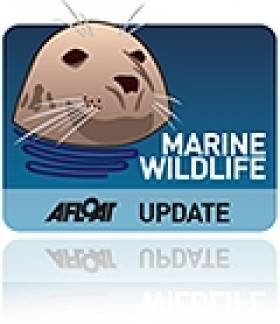Displaying items by tag: rehabilitation
Spinal Injuries Ireland Needs Your Help On The Water This Summer
#Help - Spinal Injuries Ireland takes patients from the National Rehabilitation Hospital on Rochestown Avenue out on their RIB in Dun Laoghaire and fishing and kayaking on their Pioneer Multi in Blessington.
For summer 2014, the charity needs your assistance so it can continue to offer its free on-the-water programme to patients who are traumatised having sustained a recent spinal cord injury.
If you're in Dun Laoghaire, can you give some of your time? Spinal Injuries Ireland is looking for volunteers to assist the Cox on Monday afternoons and Wednesday evenings during the summer months. Full training will be provided.
If you're in Blessington, do you have a second-hand engine you could give, or can you donate towards a new engine? The Pioneer Multi has a drop-down stern which allows for wheeling wheelchairs on to the boat, which is used for both fishing and kayaking, but its outboard 40hp long-shaft electrical start engine needs to be replaced, at a cost of at least €3,000 for a second-hand engine, or €7,000 or a new one.
If you can help with either request please contact Jen ay 01 235 5317 or email [email protected].
The water activities that Spinal Injuries Ireland offers are only one element of its support and services to people who have sustained a recent spinal cord injury. These trips offer a welcome relief for patients who are undergoing intensive therapy programmes in the NRH.
The freedom of getting out on the water has a profound positive impact for patients, many of whom will never walk again.
#MARINE WILDLIFE - The Limerick branch of Birdwatch Ireland is seeking volunteers to assist in rescuing birds from oil spillages in the Shannon Estuary.
A report in the Limerick Post recounts a recent meeting at Shannon Rowing Club, where Birdwatch Ireand highlighted the impact on the environment and marine wildlife from both major and minor oil spills.
The meeting also discussed the role that local birdwatchers can play in determining crucial spillage incident response times.
A training exercise at Poulnasherry Bay is being organised for next month using equipment donated to the Irish Seal Sanctuary, preceeded by a similated planning exercise and "on-the-ground response".
The Irish Seal Sanctuary will also provide opportunities for training in the rehabilitation and cleaning of spillage-affected birds.
The Limerick Post has much more on this story HERE.

























































